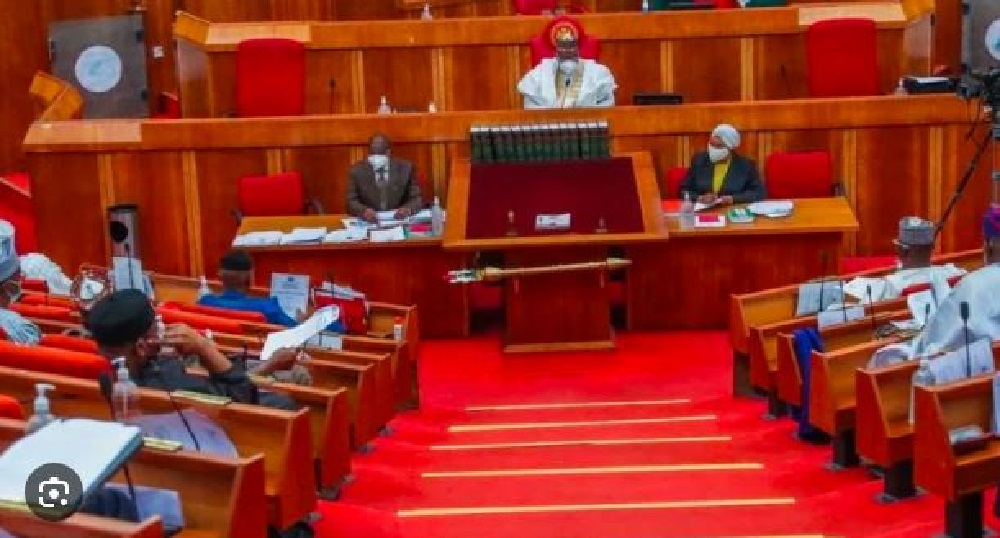A bill seeking to repeal and re-enact the National Identity Management Commission(NIMC) Act 2007 has passed the second reading at the Senate.
This followed the presentation of the general principles of the bill sponsored by Senator Barau Jubrin (APC-Kano).
The general principles of the bill were presented by Senaor Cyril Fasuyi (APC-Ekiti) at plenary yesterday, on behalf of Barau, who presided over the plenary.
Fasuyi said the bill seeks to repeal the extant Act and enact a new regulatory regime for the NIMC.
According to him, the bill was read the first time on June 5. He said the bill represents a significant legislative endeavour aimed at enhancing the efficiency and inclusivity of identity management system through comprehensive provisions.
He said that the provisions were designed to improve and update the extant provisions in line with global best practices.
“The proposed legislation is crucial for the socio-economic and political development of this country. A robust identity management system forms the foundation for national security and effective identity management system,” he noted.
Related News
Fasuyi said the bill was important, given the advancement in technology that has led to astronomical rise in crimes relating to identity theft globally.
He listed the objectives of the bill to include expansion of scope of persons that could be registered by broadening eligibility criteria for registration, under the Nigeria identity system.
This, he said, was to ensure inclusivity and universal coverage.
He also said the bill would allow all persons resident in Nigeria to obtain a National Identification Number (NIN) and utilise it as a recognised form of identification.
Fasuyi added that the bill would help streamline the sharing of personal data, by incorporating robust data protection measures. This, he said would not only safeguard the privacy and confidentiality of individuals’ personal data, but foster trust among citizens in handling of their information.
Other objectives of the bill, according to him, include enhancing administrative enforcement powers of NIMC to ensure timely and accurate compliance with registration requirements.

